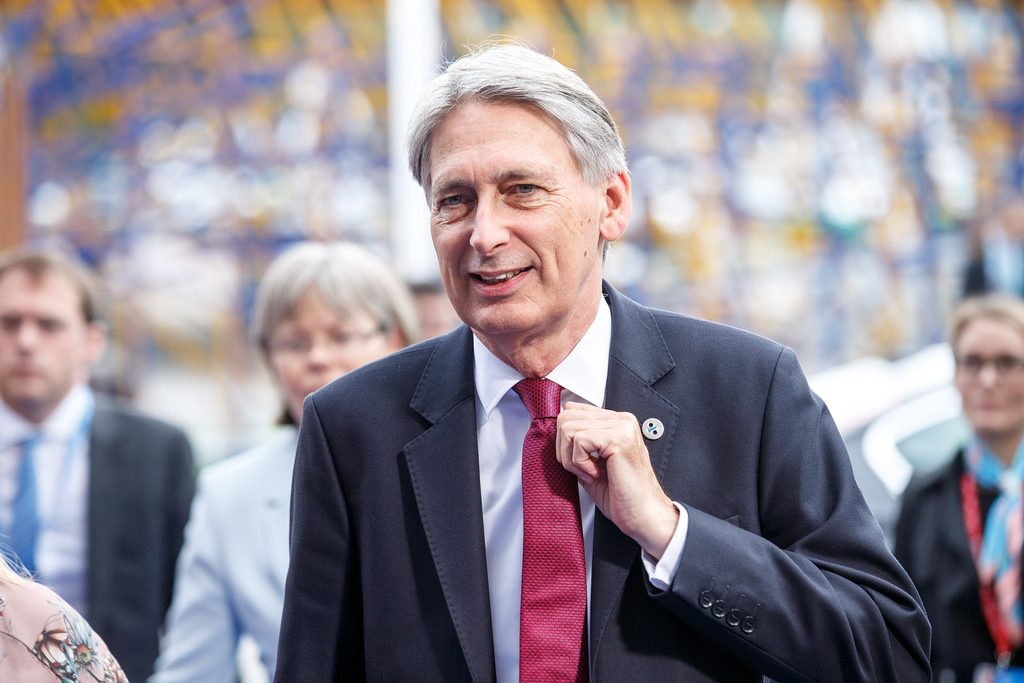UK Chancellor of the Exchequer will be celebrating this morning that figures show the government ran a surplus in July - bringing in more than it spent.
What it means: This government is very intent on 'closing the deficit' – in other words, not spending more than it brings in.
Public spending is funded by a mixture of things, among them borrowing from pension funds, City banks, and whoever else is willing to lend. Hammond's been trying to reduce the amount the government borrows, and it looks like he's been successful: they've borrowed 40% less than they had by this point in 2017, and are expected to borrow about a quarter of what they did in 2009-2010, right after the financial crash.
The question is whether you see this as a success for the economy as a whole. Borrowed money obviously needs to be paid back, and with interest - so some say we should borrow as little as possible so as not to cut into government funds with interest payments. Others say public spending is a vital part of keeping the economy going: funding education, the NHS, police services, social care, and all the other building blocks that allow business and daily life to function - so it pays off in the end.
It's also important to note that the figures today aren't necessarily representative of the overall picture. Self-employed people file tax returns in July, and we still haven't made a payment to the EU we'd usually have made by now, but will have to pay in a few months either way: so the budget might be looking unusually high at the moment, but in part, that's just because of the timing.




